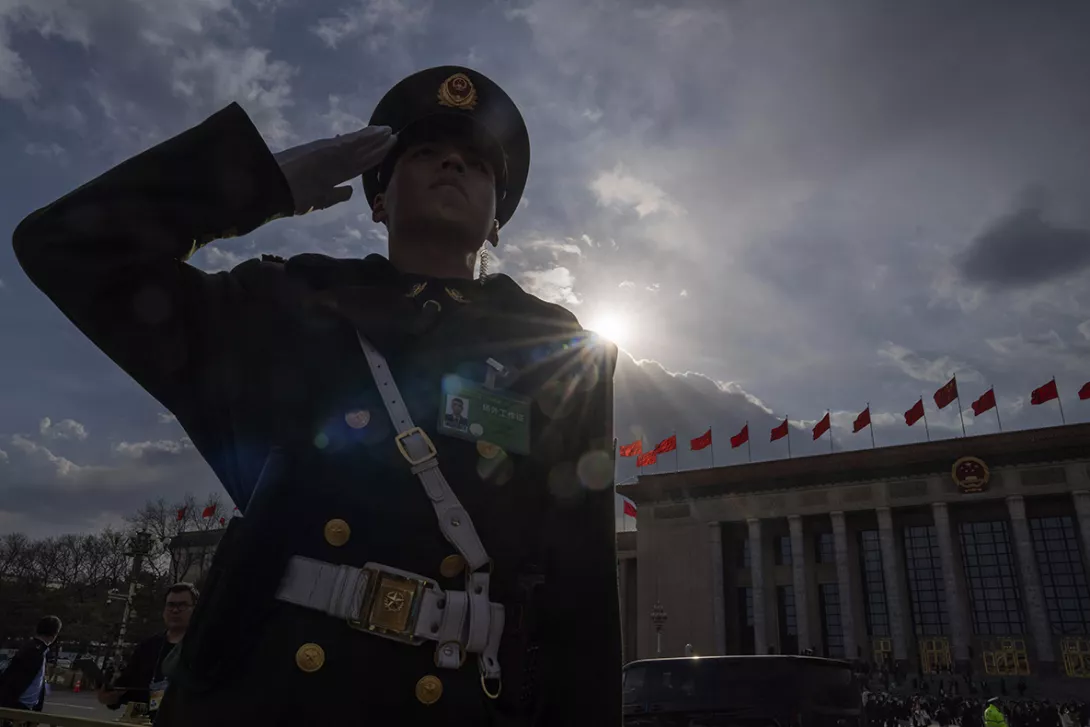VIJAY PRASHAD examines why in 2018 Washington started to take an increasingly belligerent stance towards ‘near peer rivals’ – Russa and China – with far-reaching geopolitical effects
China’s remarkable transformation marks 75 years of socialist progress
Despite relentless hostility, the People’s Republic of China has lifted millions out of poverty, and become a global leader in innovation and climate action, while pursuing peaceful development in a multipolar world, writes CARLOS MARTINEZ
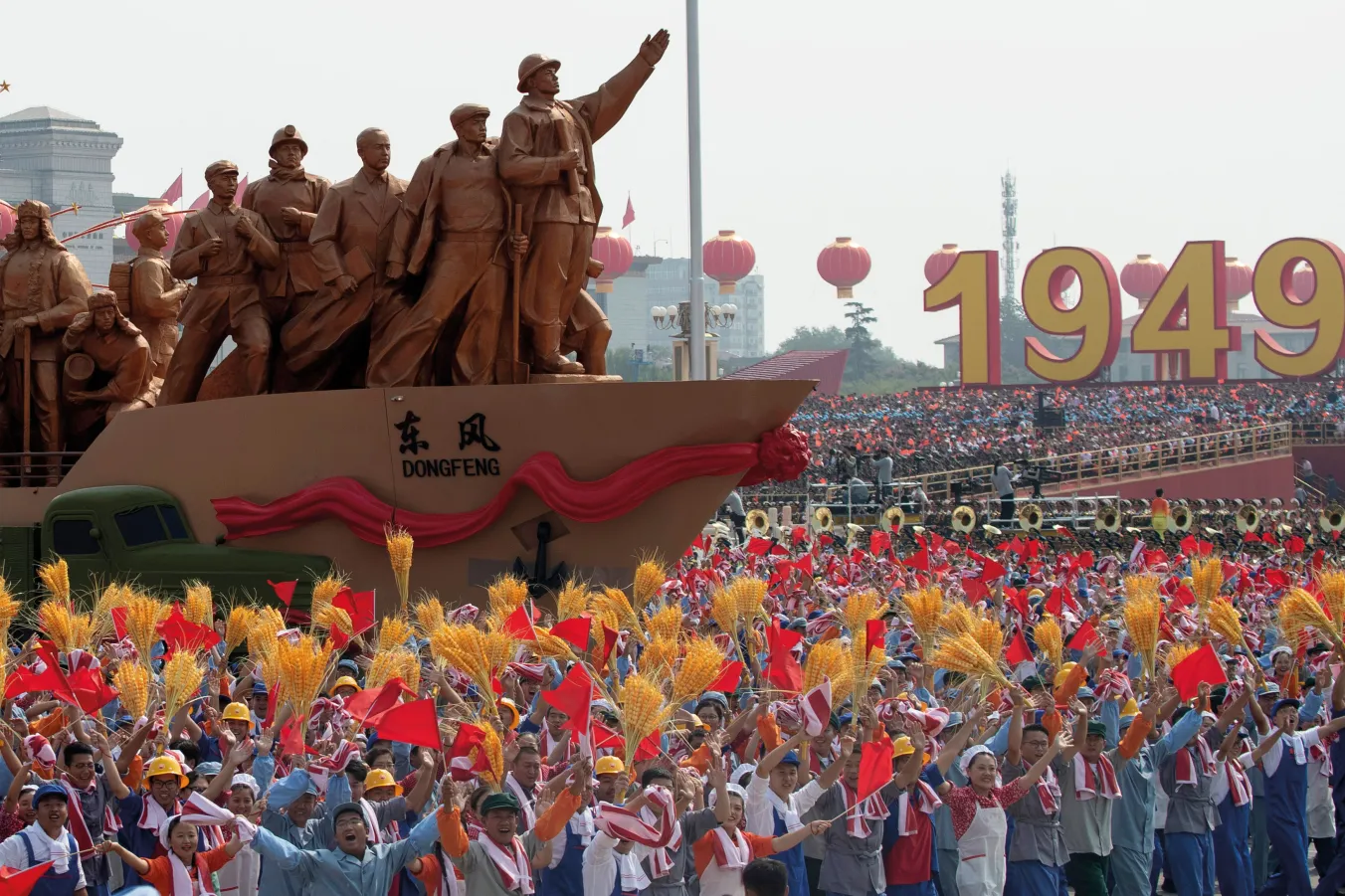
OCTOBER 1 2024 will mark the 75th anniversary of the founding of the People’s Republic of China, when Mao Zedong declared that “the Chinese people have stood up.”
In the intervening period, China has undergone an extraordinary transformation.
Life expectancy has increased from around 35 to over 78 years, surpassing that of the US. Universal literacy has been achieved. Extreme poverty and malnutrition have been eliminated. Famines are a thing of the past.
More from this author
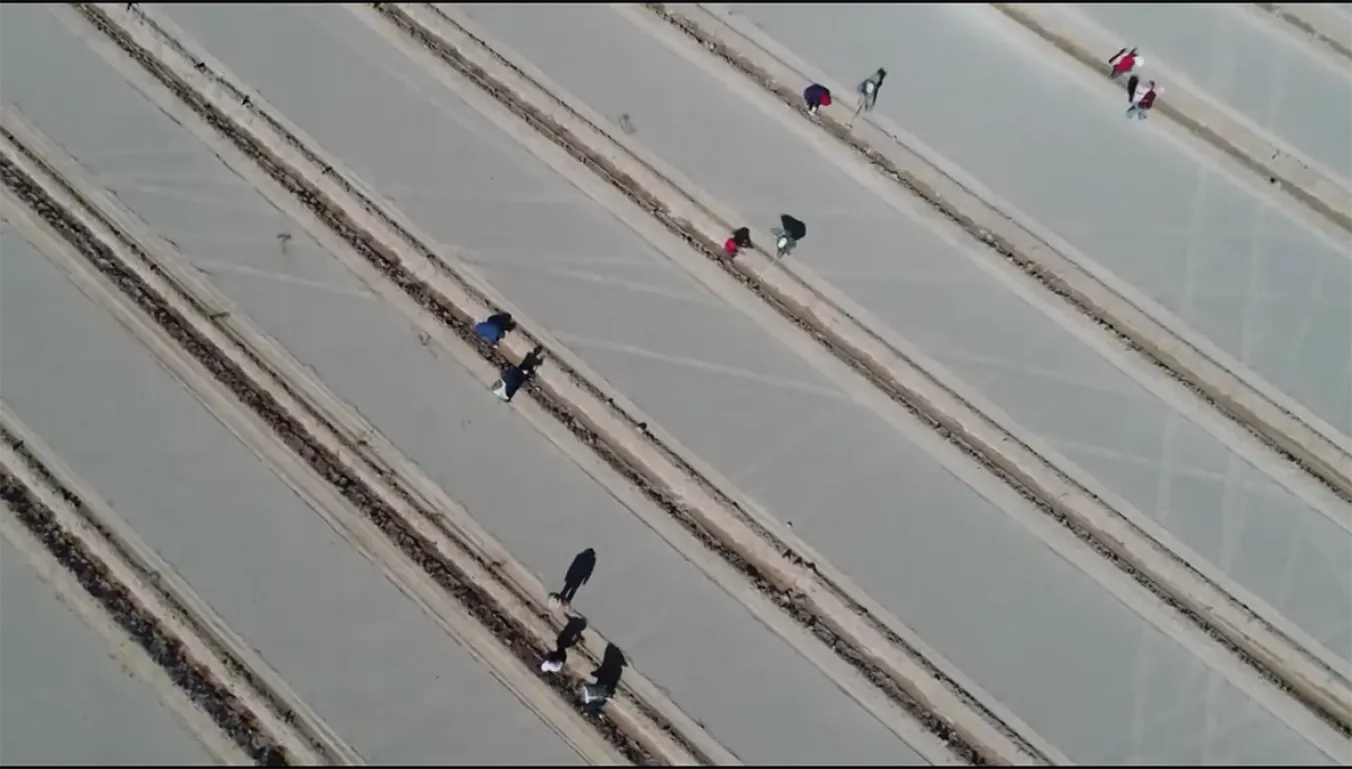
Chinese socialist planning and action over decades have created the world’s greatest reforestation programme, writes CARLOS MARTINEZ, and now its lessons in fighting desertification and climate change are taking root worldwide
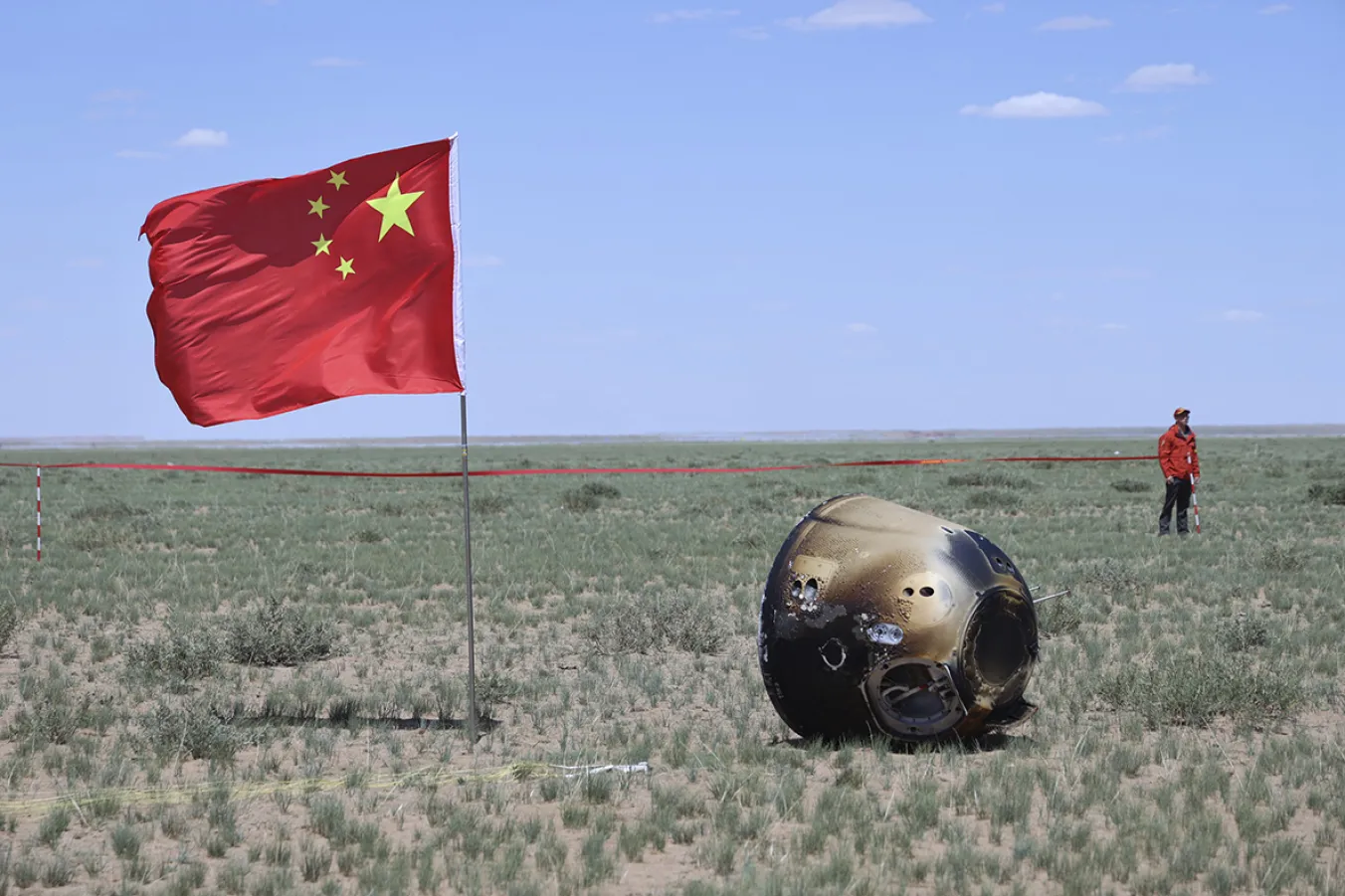
Brussels is following the US’s lead in slapping punitive duties on China’s electric vehicles, sabotaging Europe’s climate goals and economic interests to appease Biden’s anti-Beijing crusade, writes CARLOS MARTINEZ

Brussels is following the US’s lead in slapping punitive duties on China’s electric vehicles, sabotaging Europe’s climate goals and economic interests to appease Biden’s anti-Beijing crusade, writes CARLOS MARTINEZ
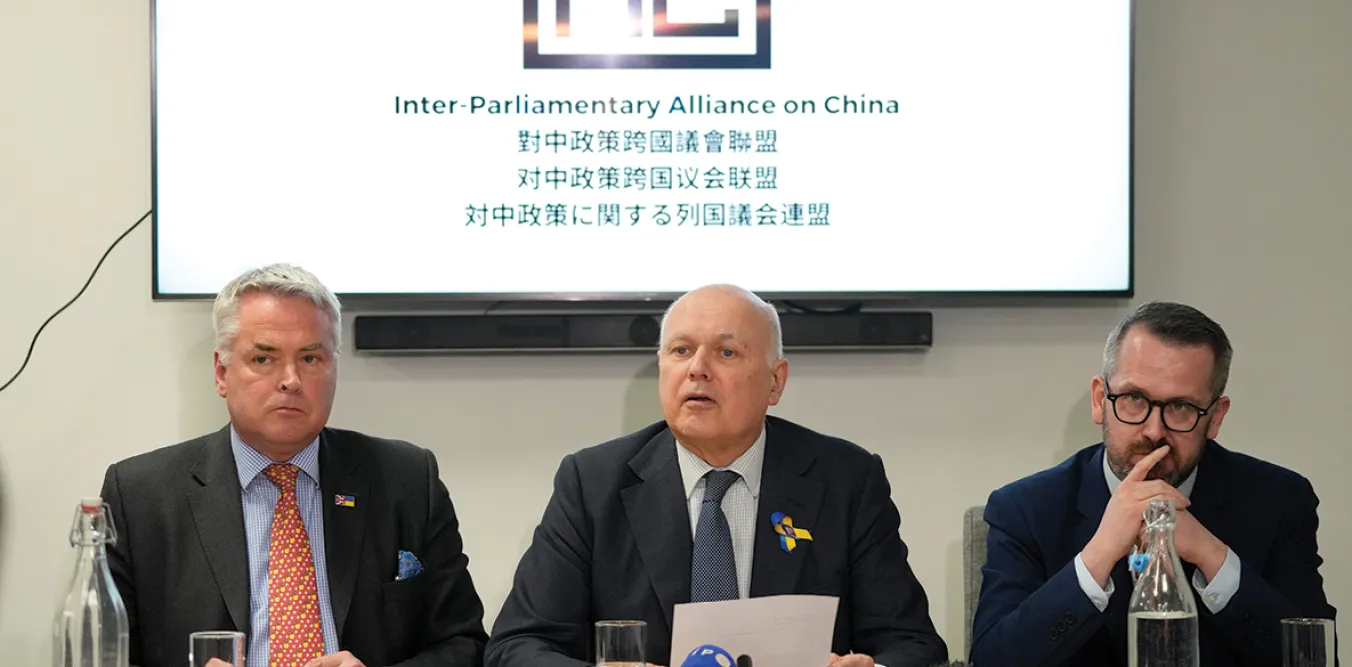
Cyberattack allegations against China are nothing but another example of new cold war hysteria, writes CARLOS MARTINEZ
Similar stories
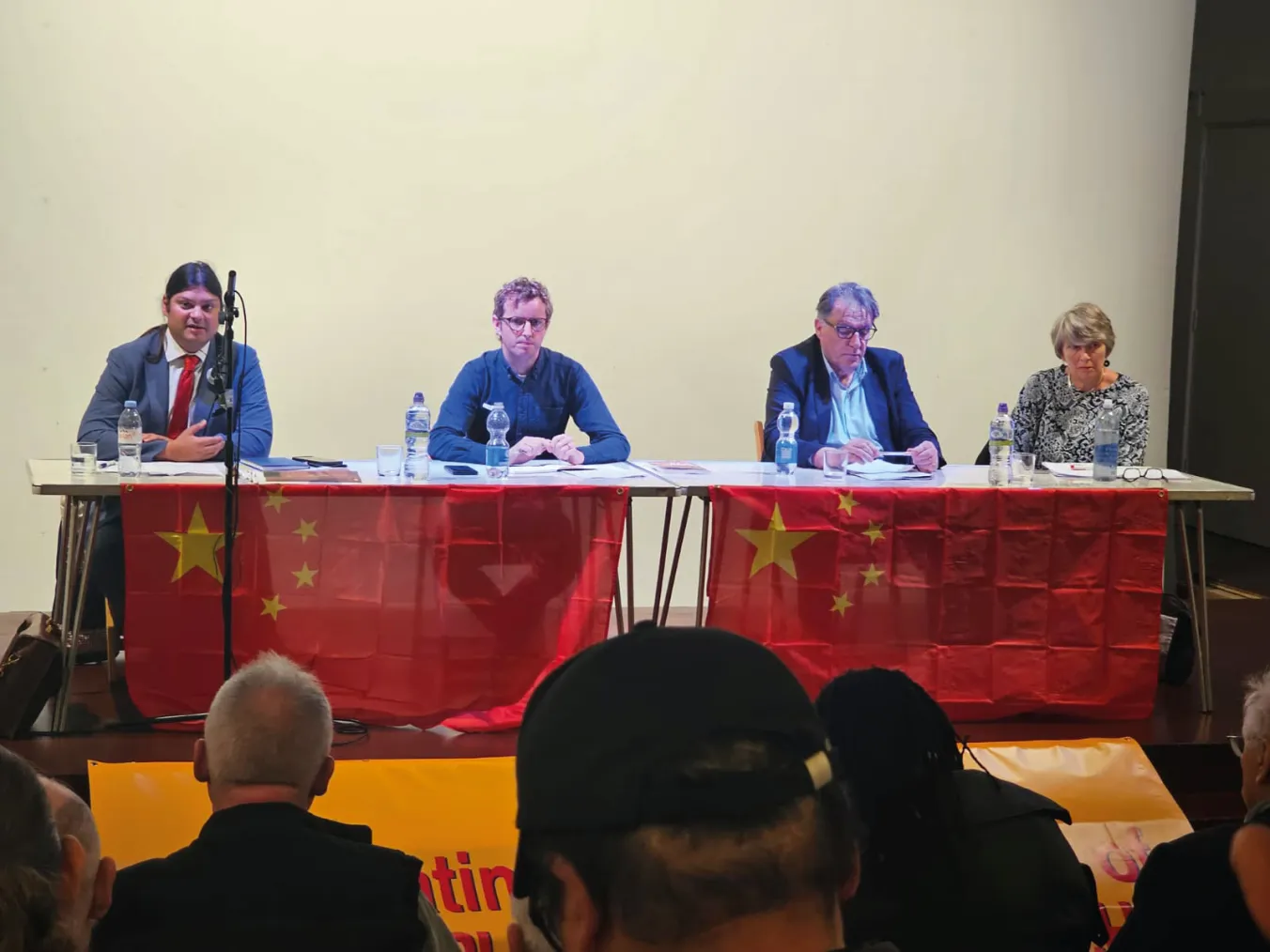
BEN CHACKO reports from a day-long event to commemorate the achievements of the People’s Republic of China, from combating poverty to striving for a more peaceful world
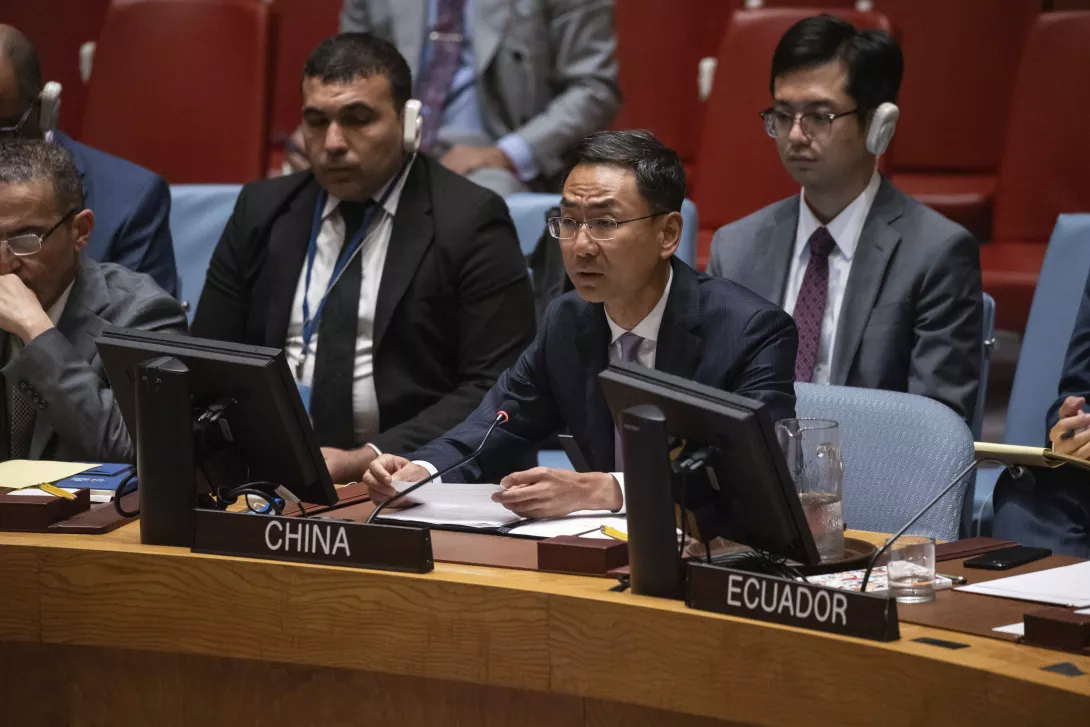
DIRK NIMMEGEERS asks why Western activists rarely draw attention to the Chinese government’s efforts to promote Palestinian unity, shield their right to resist occupation and press for establishment of a truly sovereign Palestine
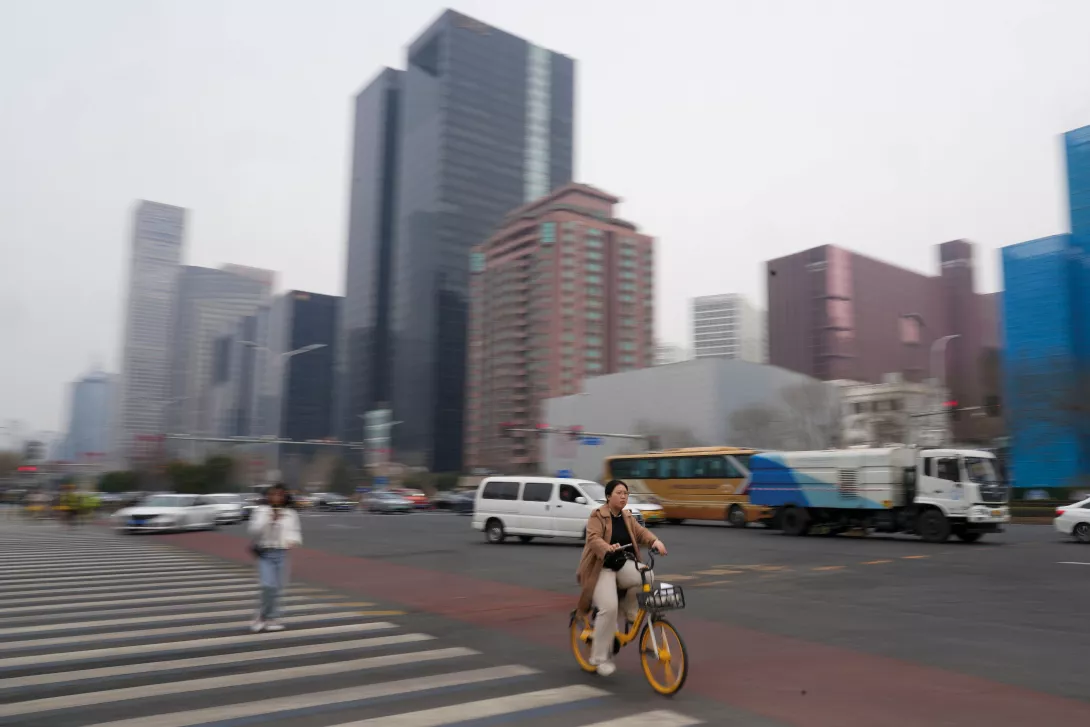
Rather than taking a simplistic view about socialism and its outcomes, it’s best to analyse the direction of development with a critical eye, argues ZOLTAN ZIGEDY










